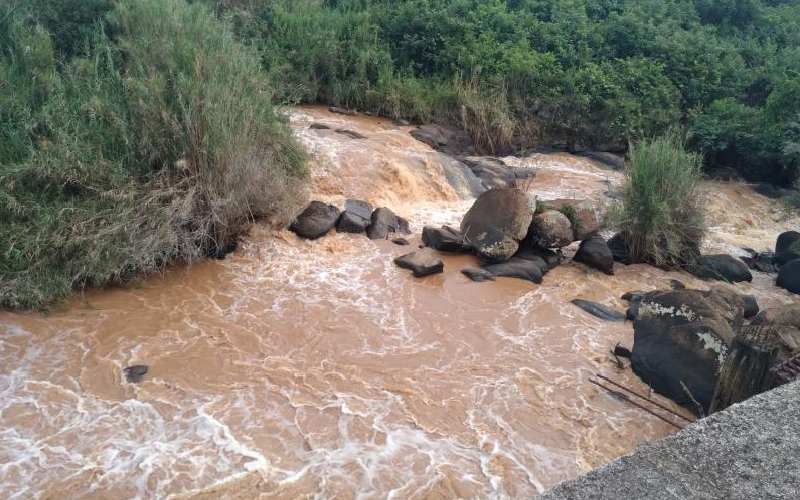×
The Standard e-Paper
Stay Informed, Even Offline

Ndanu falls in River Yala Gem, Siaya County where dead bodies are normally dumped in Sucks. [Collins Oduor, Standard]
My home county has been in the news over the last several weeks for bad reasons. The discovery of bodies in River Yala has put Siaya County in the limelight, but with nothing to be proud of.







